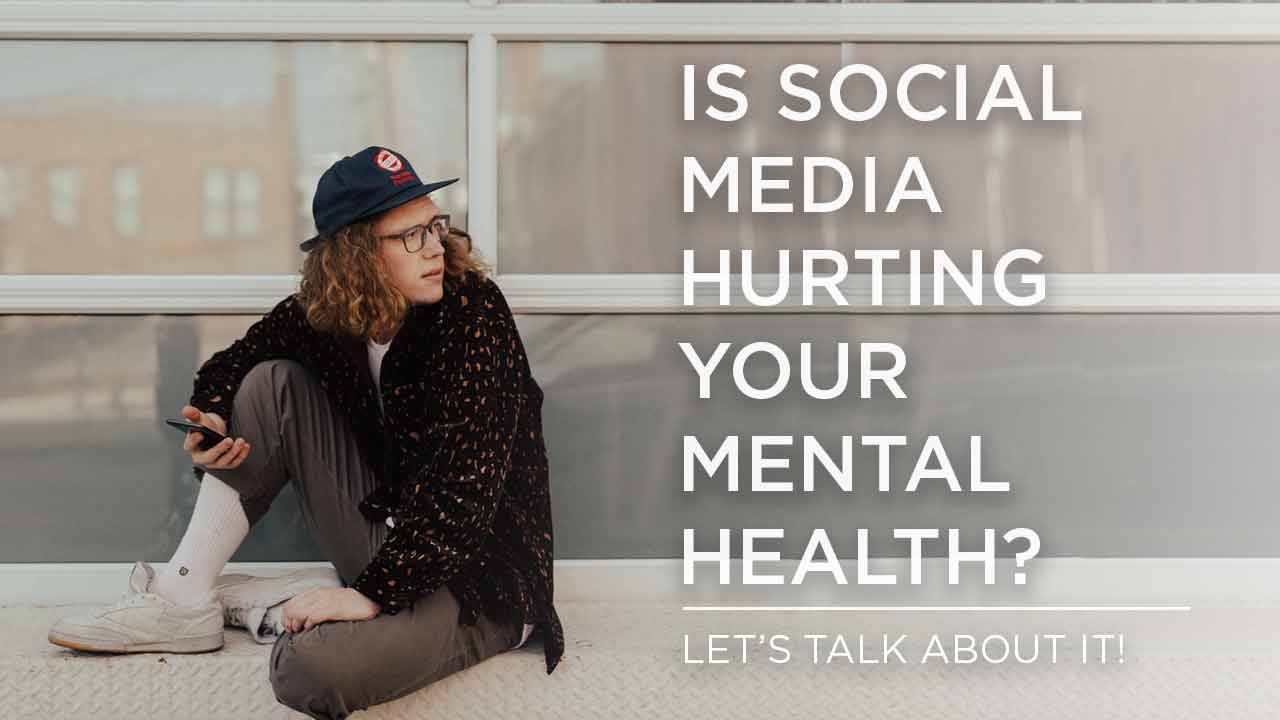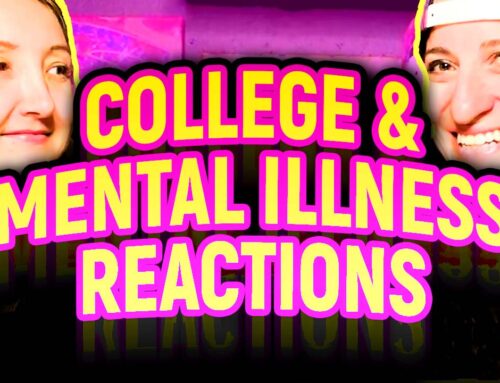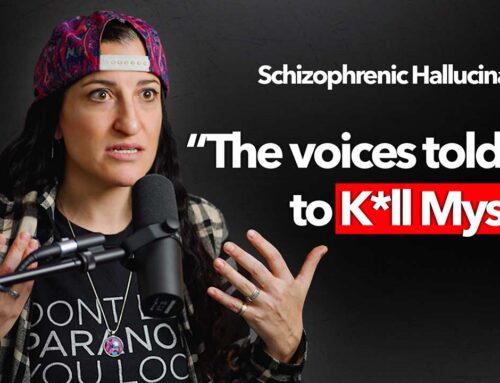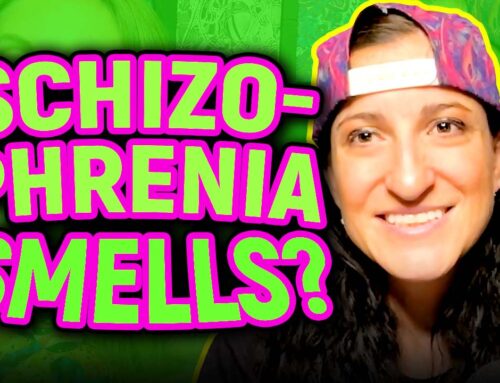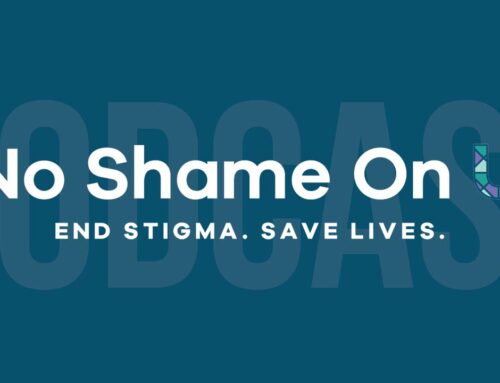Is Social Media Hurting Your Mental Health? Let’s Talk About It.
We’ve all been there. You open Instagram, planning to scroll for a few minutes, and suddenly it’s an hour later. You’ve seen dozens of flawless vacation pics, gym selfies, and posts about everyone’s “perfect” lives. Meanwhile, you’re sitting there in your pajamas, feeling kind of…meh. Sound familiar?
Welcome to the social media spiral—the place where comparison, FOMO (Fear of Missing Out), and endless scrolling can start to take a real toll on your mental health. At Schizophrenic.NYC, we believe in advocating for mental health awareness in all its forms, and social media is something we need to talk about. So, let’s break down why social media might be messing with your mind, and how you can take back control.
The Comparison Trap
Let’s be real—most people aren’t posting their bad days online. Social media is like a highlight reel of the best, most polished moments of people’s lives. What happens when you’re constantly comparing yourself to these perfect snapshots? You start to feel inadequate. Studies have shown that people who spend more time on social media are more likely to experience feelings of depression, anxiety, and low self-esteem. That’s because we’re constantly measuring our own lives against unrealistic standards.
FOMO is Real
Ever felt like you’re missing out on something amazing because you weren’t there? That’s FOMO, and it’s another mental health side effect of social media. Seeing friends hang out without you or witnessing events unfold that you didn’t get invited to can make you feel isolated and left behind. These feelings can fuel anxiety and even lead to a sense of loneliness, even when you’re surrounded by people.
The Pressure to Be “Perfect”
Social media isn’t just about viewing others; it’s also about curating your own image. The pressure to post the perfect selfie, write the wittiest tweet, or have the most likes on a photo can be overwhelming. It creates a sense of performance, where you’re always trying to live up to an idealized version of yourself. This constant need for validation can leave you feeling drained and anxious.
Cyberbullying and Toxic Spaces
Unfortunately, not every space on social media is filled with positive vibes. Many people experience cyberbullying, trolling, or hateful comments online. For those dealing with mental health struggles, these negative interactions can worsen feelings of self-worth, increase stress, and even trigger episodes of anxiety or depression. The anonymity of the internet can make some people feel empowered to say cruel things they would never say in person.
It’s Addictive
How many times have you found yourself mindlessly scrolling through TikTok, Instagram, or X? Social media is designed to keep you hooked. Notifications, likes, and comments trigger dopamine, the “feel-good” chemical in your brain, which can create a cycle of needing more and more interaction to feel the same sense of satisfaction. This can lead to unhealthy usage habits and, in some cases, addiction.
Take Back Control
So, what can you do if you feel like social media is starting to take a toll on your mental health? Here are a few tips:
- Set Time Limits: Use screen time trackers or app settings to limit how long you spend on social media each day. A little structure can go a long way in breaking the endless scrolling habit.
- Curate Your Feed: Follow accounts that uplift and inspire you. If certain accounts or types of content make you feel bad, it’s okay to unfollow or mute them.
- Take Breaks: Digital detoxes are a great way to reset. Whether it’s for a few hours or an entire weekend, taking a break from social media can give your brain the space to rest.
- Be Authentic: If you’re feeling pressured to post the “perfect” version of yourself, try sharing something real. Authenticity can be refreshing, both for you and your followers.
- Seek Support: If social media is significantly impacting your mental health, don’t be afraid to talk to someone—whether it’s a friend, therapist, or support group. You don’t have to deal with it alone.
The Bottom Line
Social media isn’t inherently bad, but the way we engage with it can sometimes hurt our mental health. By being mindful of how we use it and taking steps to protect our mental well-being, we can turn social media from a source of stress into a tool for connection and positivity. At Schizophrenic.NYC, we believe in breaking the stigma surrounding mental health, and that includes being aware of how digital spaces affect us.
Remember, you’re more than just your likes or followers—you’re incredible, just as you are. Now go out there, unplug for a bit, and take care of your mind. You’ve got this!
Ready to make a statement? Check out Schizophrenic.NYC’s collection of mental health awareness apparel, designed to spark conversation and spread positivity!
